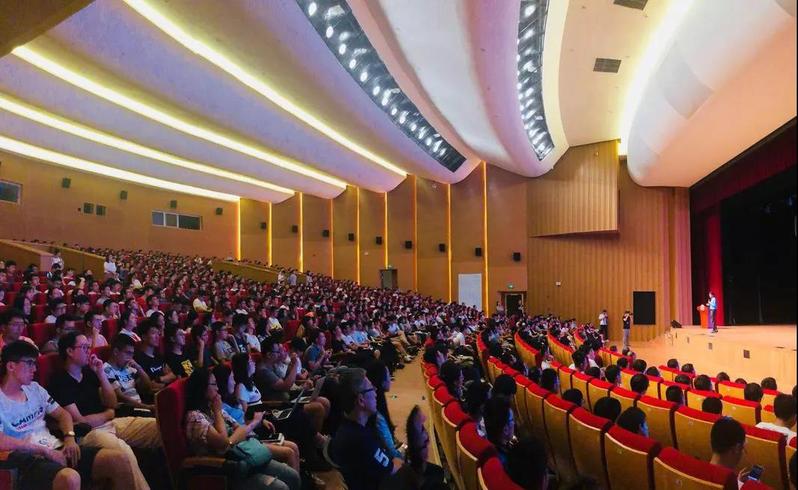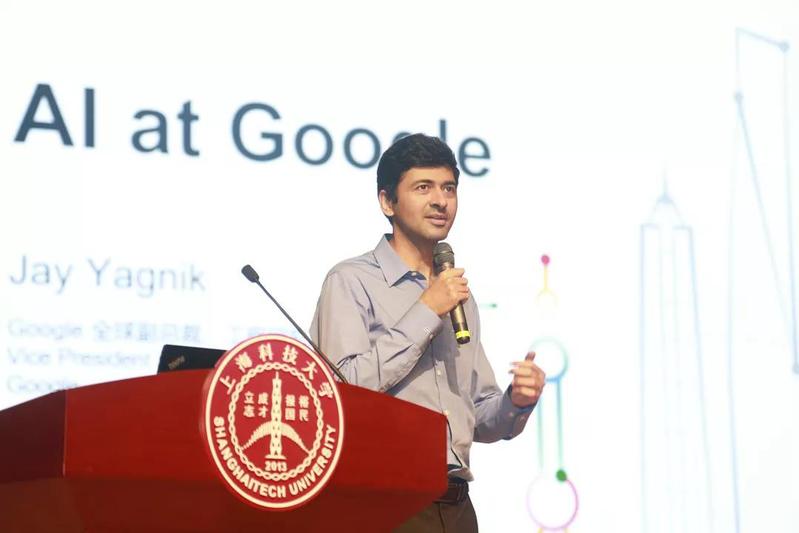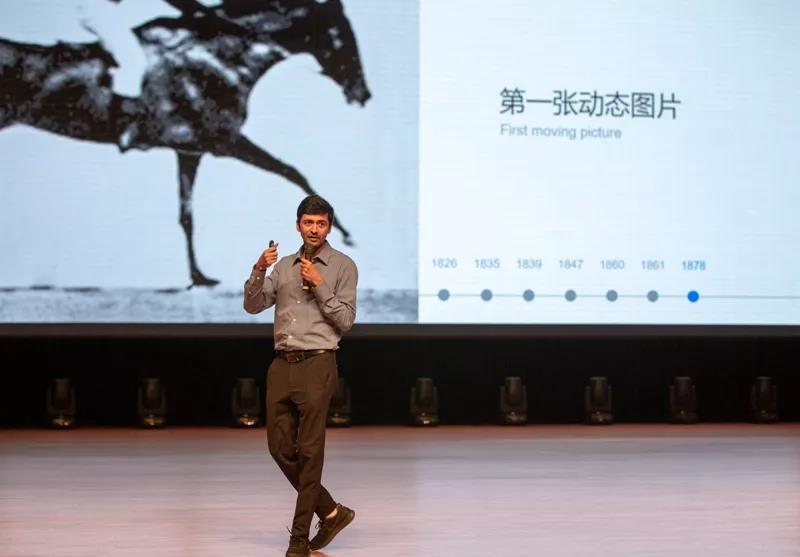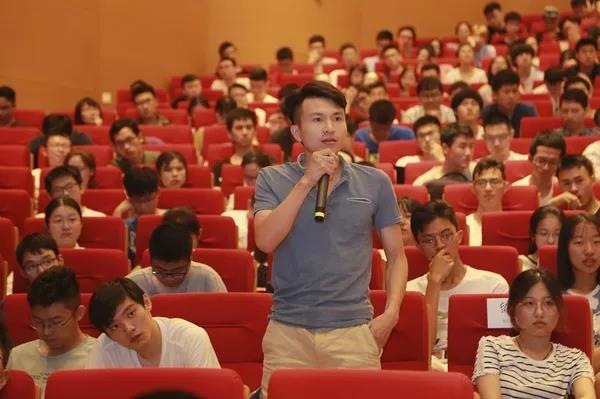On September 18th, the School of Creativity and Art and the Office of Student Affairs invited Google Vice President and Engineering Fellow Jay Yagnik to speak on AI at Google and share his views on the application and development prospects of the artificial intelligence industry at ShanghaiTech’sInternational Conference Center.

Yagnik began by introducing different ways to deal with spam e-mails, showing students how computer deep learning has changed our lives tremendously. Computer programs used to be designed to follow strict rules, but nowadays, computer programs are designed to learn from examples. Whether it is the increasing number of computer learning papers on Arxiv each year, or the growing number of people around the world who are paying attention to the Neuro Information Processing Systems conference, the impact of computer deep learning is felt worldwide.

Yagnik also discussed in detail the history of photography as an analogy for today’s machine learning to show its huge potential for future development. From the first blurry photo, made in 1826, to the first photography self-portrait in 1839, from the first aerial photograph in 1860 to the first color photo in 1861, from the first dynamic picture in 1878 to the first digital photo in 1957, the evolution of photography between 1826 and 1839 can serve as an analogy for the development of machine learning. It is still at the beginning of development and the future of machine learning is unpredictable.

He then introduced some of Google’s current achievements in the field of artificial intelligence. For example, Google Translate, which can help users complete language translation through simple photo recognition. He argued that artificial intelligence has the potential to improve the quality of human life and help humans achieve breakthroughs in fields such as energy, environmental protection, and medical health. Whether it is using deep learning to provide better treatment for people with diabetes, or to solve the problem of world hunger, even to use AI to predict floods…everything is possible in the future, he said.

Finally, Yagnik emphasized the goal of AI is to serve humanity and contribute to global development. He said he believes this will never change no matter how AI technology evolves. The final Q&A session was quite successful and he affirmed that privacy should be valued and protected as AI develops. At the same time, he said he firmly believes that AI has very promising future prospects.

The School of Creativity and Art Presents is a SCA-initiated series of lectures, seminars and activities where artists and interdisciplinary creative talents are invited to share their work, experiences, and insights. After the lecture, many students said they were greatly inspired and motivated. AI is a core target for ShanghaiTech scientific research.


